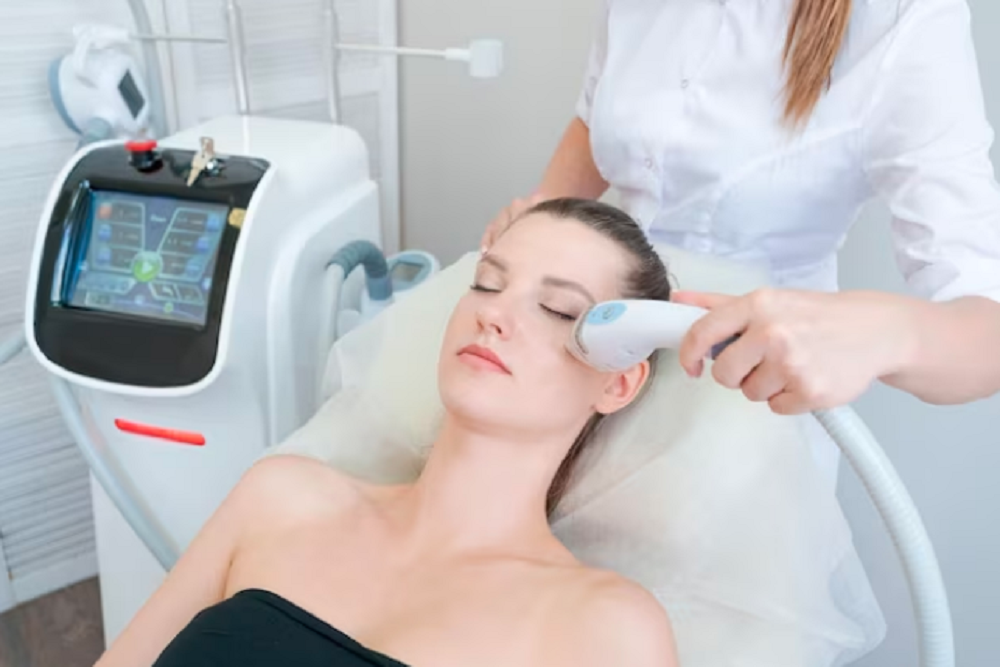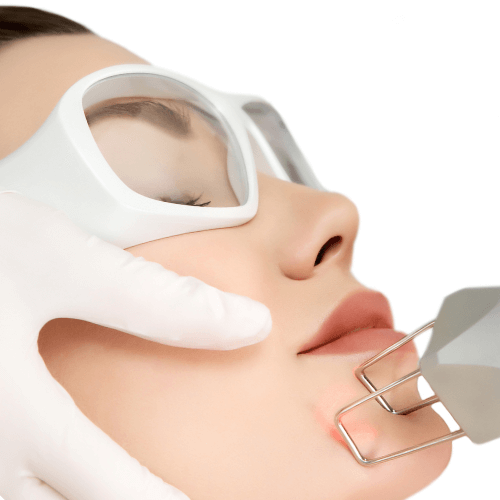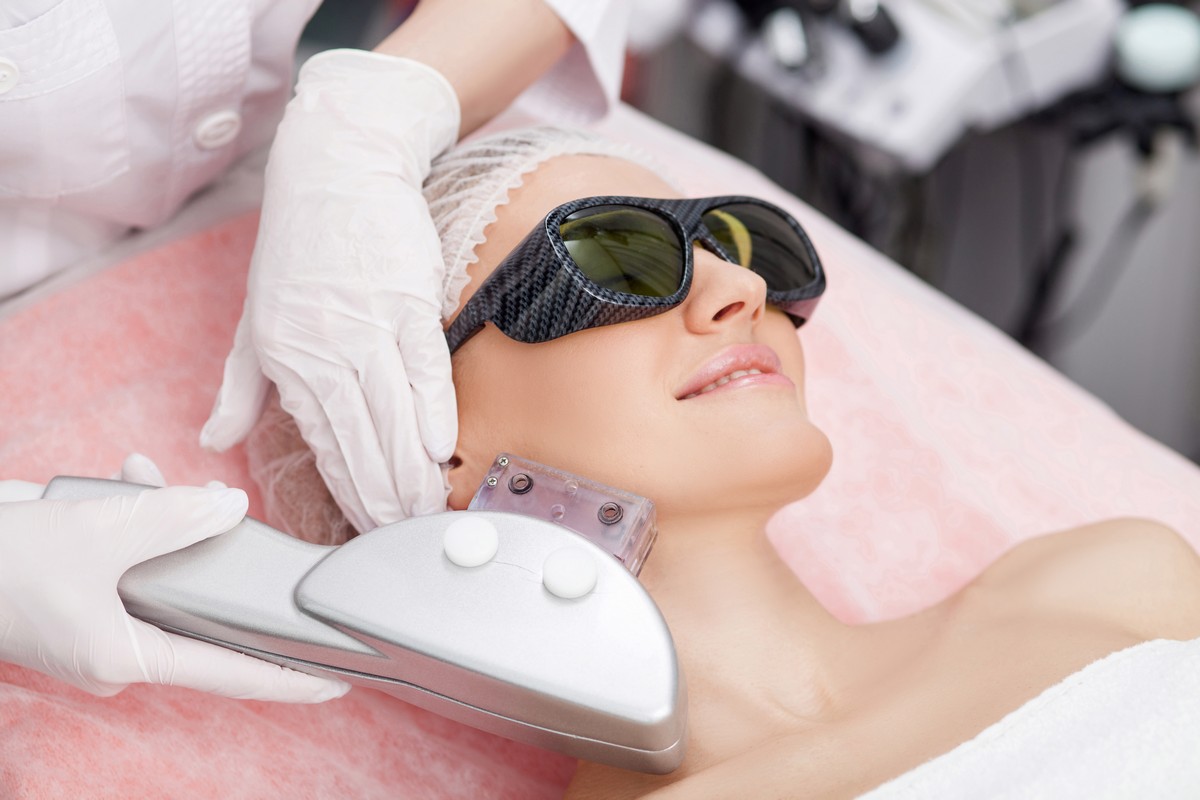In the fast-evolving world of skincare, laser treatments have emerged as a leading solution for a variety of skin concerns, offering visible results with minimal downtime. Whether you're dealing with acne scars, pigmentation, fine lines, or uneven skin texture, laser technology provides a range of non-invasive options to help you achieve smoother, clearer, and younger-looking skin. One of the most searched topics today is Laser Skincare Treatments in Dubai, where innovation meets luxury, attracting individuals from around the world for top-tier skin rejuvenation. But before you book your first session, let’s address the most frequently asked questions surrounding laser skincare treatments.

What are laser skincare treatments?
Laser skincare treatments use focused light technology to target specific skin issues. Depending on the wavelength and intensity, lasers can resurface the skin, stimulate collagen production, or target melanin and blood vessels. There are two main types of laser treatments: ablative and non-ablative. Ablative lasers remove the top layer of the skin and are more intensive, while non-ablative lasers work beneath the surface without damaging the outer skin layer, offering quicker recovery.
Which skin issues can lasers treat?
Laser treatments are incredibly versatile and can address a wide range of skin problems. Common concerns treated include:
- Acne and acne scars
- Fine lines and wrinkles
- Hyperpigmentation and sun spots
- Enlarged pores
- Uneven skin tone and texture
- Redness and broken capillaries
- Stretch marks and surgical scars
- Unwanted hair and tattoos
Because of this range, laser treatments are tailored to individual skin types and conditions, ensuring a personalized approach.
Are laser treatments safe for all skin types?
This is a crucial question. While many modern laser technologies are designed to treat all skin types safely, not all lasers are suitable for darker skin tones. Melanin-rich skin can react differently to laser energy, sometimes leading to hyperpigmentation or hypopigmentation if not handled correctly. Fortunately, advances in laser technology have led to the development of devices that can treat darker skin tones with increased safety and precision. A thorough consultation and skin assessment are key to choosing the right type of laser for your skin.
How many sessions will I need?
The number of sessions required depends on your skin concern and the type of laser used. Some individuals see improvement after just one session, while others may require a series of 3 to 6 treatments spaced a few weeks apart. Maintenance treatments may also be recommended to prolong results. Factors such as age, skin type, and the severity of the issue all influence the treatment plan.
Is there any downtime?
Downtime varies depending on the intensity of the laser. For mild treatments like laser facials or non-ablative lasers, downtime may be minimal, with slight redness or swelling that subsides within a day or two. More intensive procedures, like ablative resurfacing, can require up to a week or more of recovery. During this time, your skin may peel, scab, or feel tender. Regardless of the type, it’s essential to follow aftercare instructions, including sun protection, to support healing.
What should I do before and after treatment?
Before your session, avoid sun exposure, tanning beds, and active skincare ingredients like retinoids and acids for at least a week. After the procedure, keep your skin hydrated, avoid harsh skincare products, and apply sunscreen daily. Post-treatment care plays a huge role in maximizing results and preventing complications. Your skincare routine may need to be adjusted temporarily to accommodate healing.
Are results permanent?
Laser treatments can produce long-lasting results, especially when paired with a healthy skincare routine. However, they are not considered permanent. Aging, sun exposure, and environmental factors will continue to impact your skin over time. Maintenance treatments every few months or annually can help prolong the effects and keep your skin in its best condition.
Does laser treatment hurt?
The level of discomfort depends on the type of laser and your pain tolerance. Non-ablative lasers may feel like a series of light snaps or heat pulses on the skin, while more aggressive treatments can cause a stinging or burning sensation. Most sessions are manageable, and numbing creams are often applied beforehand to minimize discomfort. After the procedure, you may feel a mild sunburn-like sensation, which usually fades within a few hours.

Can I wear makeup after a laser treatment?
For gentler treatments, makeup can often be worn the next day, provided there’s no irritation or open skin. For more aggressive procedures, it’s usually recommended to wait several days or until the skin has fully healed. Your skincare provider will guide you on when it’s safe to return to your usual makeup routine.
How soon will I see results?
Some results, like smoother texture and reduced redness, may be noticeable within a few days. Improvements in pigmentation, scars, and fine lines can take several weeks as the skin continues to regenerate and collagen builds up. Patience is key—laser treatments are part of a long-term skincare strategy, not a quick fix.
Laser skincare treatments continue to gain popularity due to their precision, versatility, and ability to deliver transformative results without the need for surgery. Whether you're considering a subtle refresh or targeting specific skin issues, understanding the process, expectations, and safety is essential to achieving your skincare goals. As the demand for high-quality skin treatments grows, especially in global wellness destinations, Laser Skincare Treatments Dubai remain at the forefront of advanced, effective, and luxurious skincare solutions.

